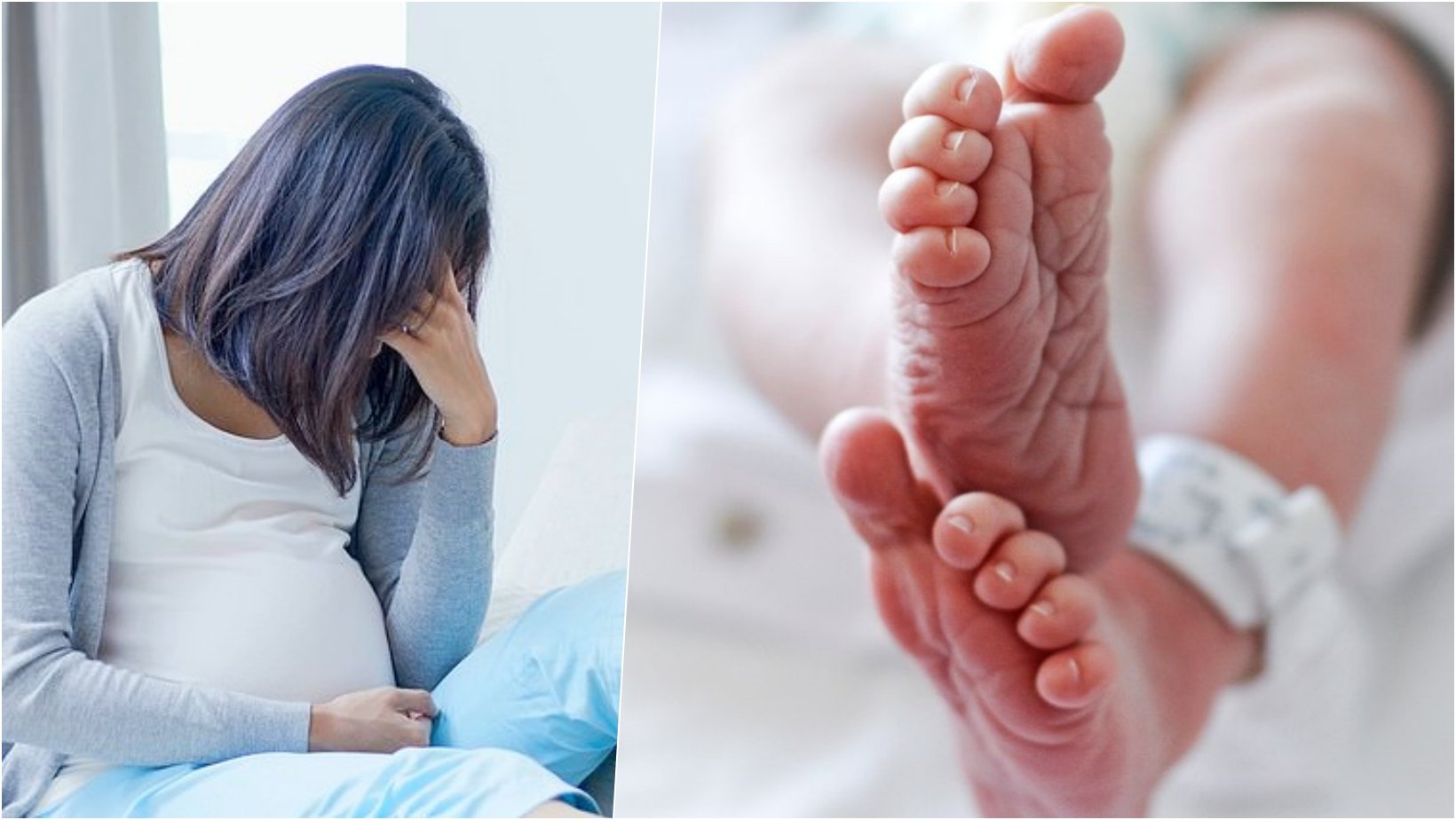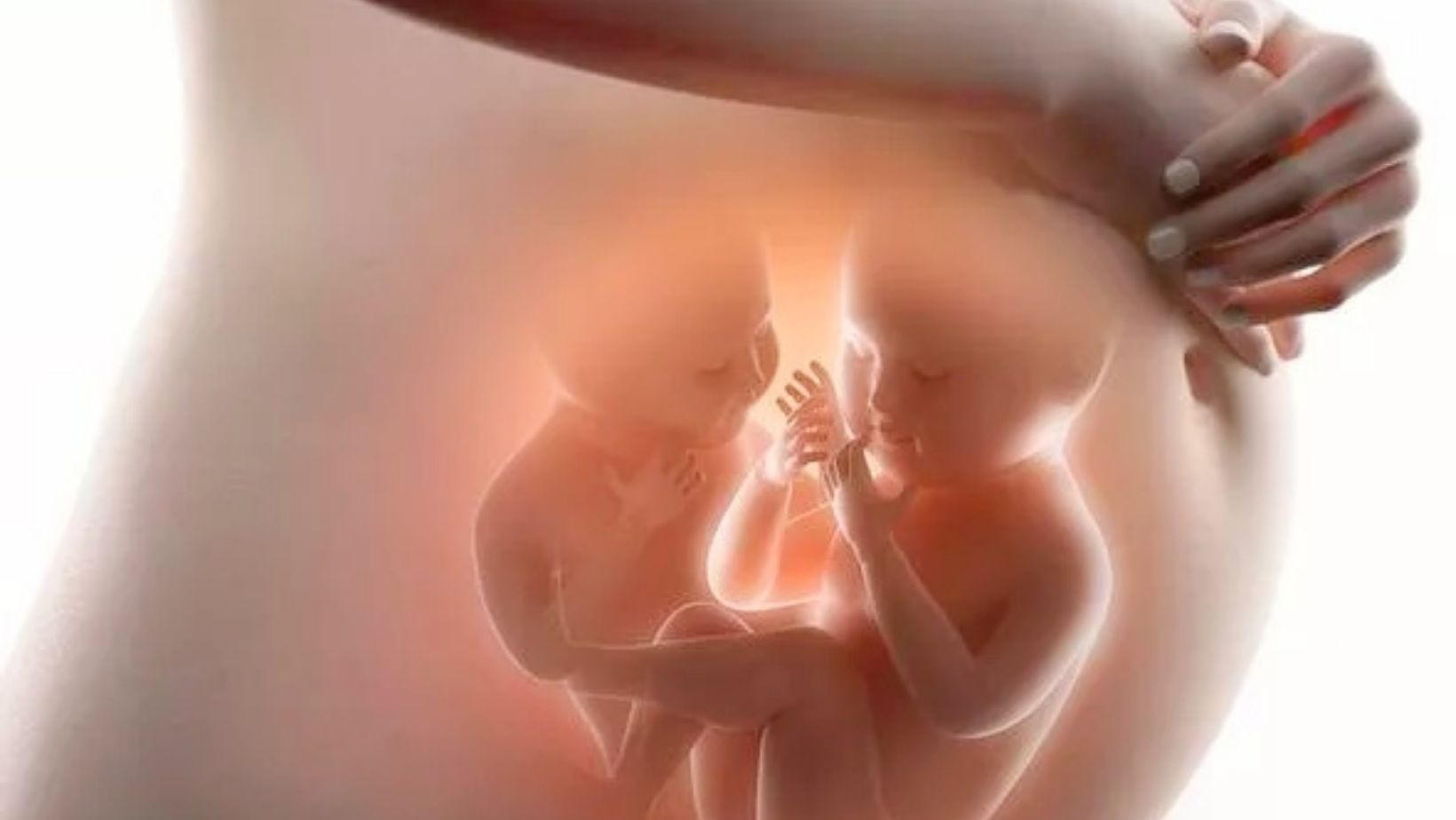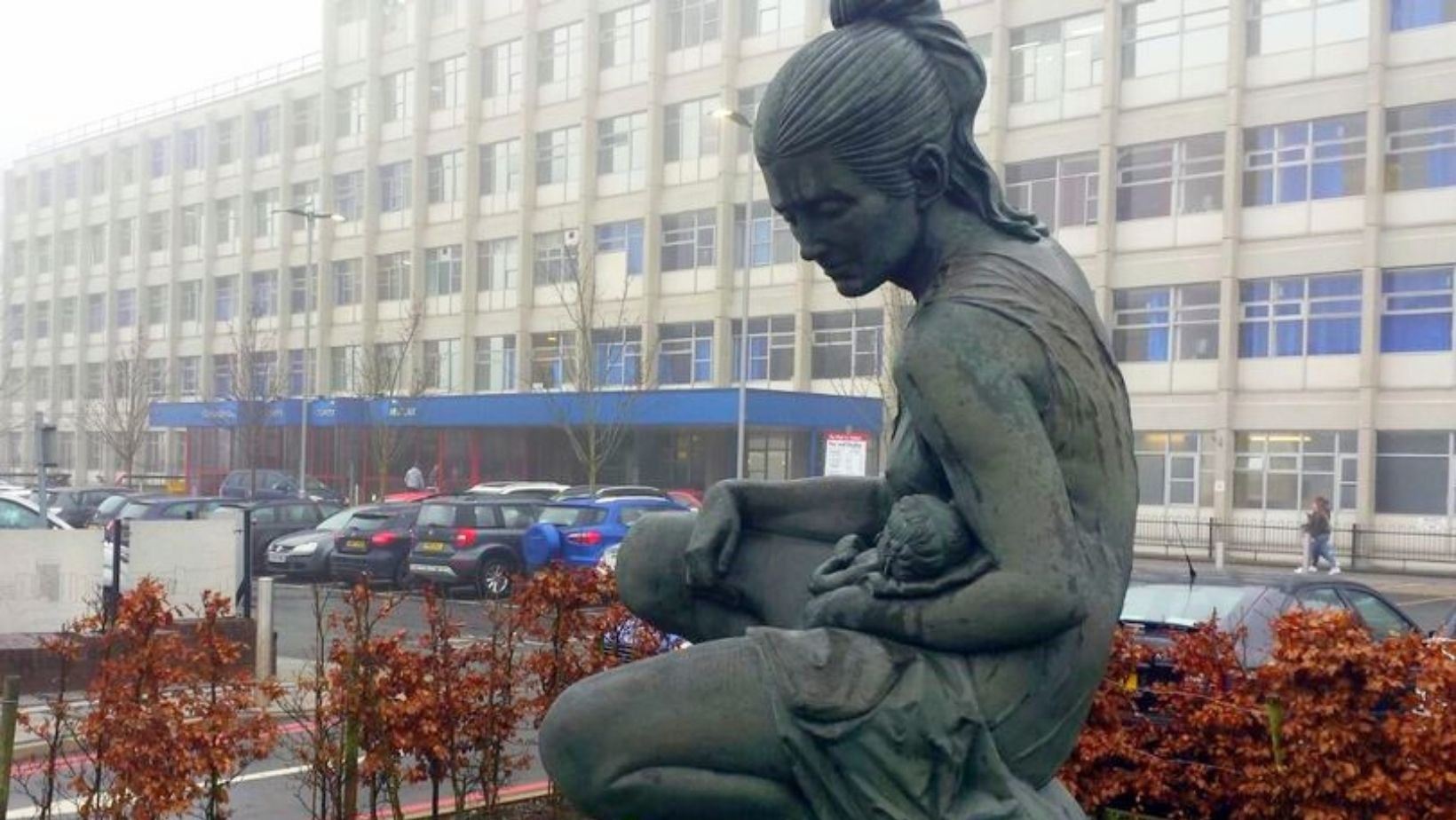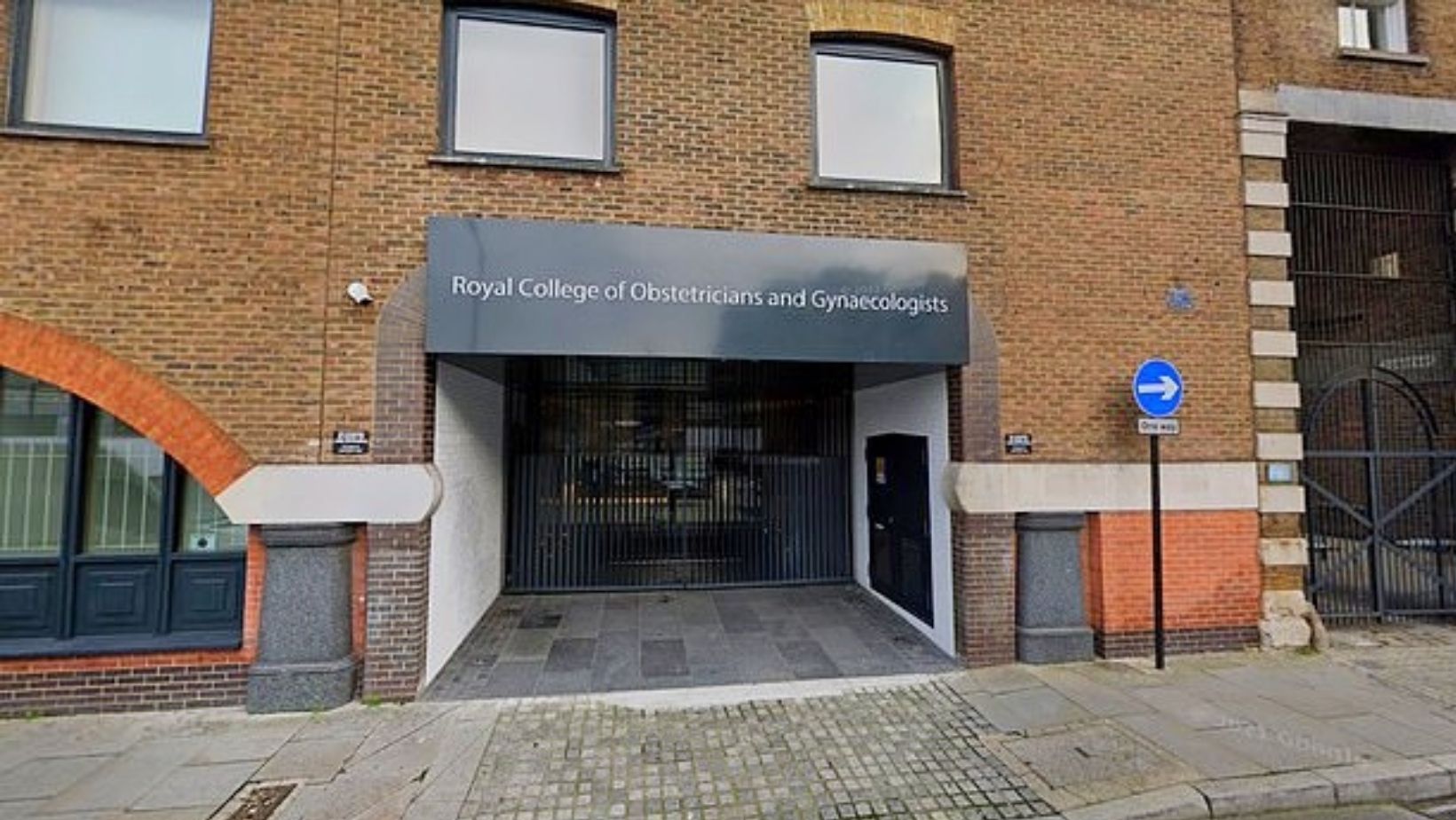In the UK, doctors mistakenly terminated a healthy baby after a failed operation to terminate the ill one.
A mom-to-be has decided to abort one of her twins which were suffering from restrictive growth in the hopes of bringing the stronger child to full term.
The mother made the painful decision to go ahead with the termination when she was told that the healthier twin’s life was at risk.
One of the twins had not formed in the womb properly and the condition raises the chance of stillbirth, complications and puts the healthier baby in harm’s way.
But according to Birmingham Live, the healthy baby was accidentally terminated during the procedure at Birmingham Women’s and Children’s NHS Foundation Trust. The doctors wrongly identified it as the unwell twin and both died during the surgery.
Doctor Fiona Reynolds, chief medical officer at Birmingham Women’s and Children’s NHS Trust, blamed the shocking case of the twins on a “fatal error”.
“Sadly, during a highly specialized fetal procedure in 2019 that involved operating within the womb to separate and potentially save the life of a single twin that shared a placenta, a fatal error occurred,” Doctor Reynolds said.
“A full and comprehensive investigation was carried out swiftly after this tragic case and the findings were shared with the family, along with our sincere apologies and condolences,” she added. “The outcome of that thorough review has led to a new protocol being developed to decrease the likelihood of such an incident happening again.”
Fetal Growth Restriction (FGR) occurs when the placenta is not working well enough to provide the baby with the nutrients they need to grow normally, though the reason is not always known.
Sometimes it can be caused by other conditions, such as chromosomal problems or infections, such as cytomegalovirus or toxoplasmosis.
Complications can also occur after birth, including a higher risk of high blood pressure, coronary artery disease, type 2 diabetes, and thyroid disease in later life.
Freedom of Information requests uncovered stories of patients that were caused by several “basic errors”, including patients falling off trolleys, early discharges, or being given the wrong test or medication.
There are more than two million safety incidents reported in the NHS every year, with more than 10,000 of those resulting in severe harm and death.
Other incidents include the death of an unborn baby after a vital heart scan was delayed at the Princess Alexandra Hospital Trust in Harlow, Essex.
North Bristol NHS Trust had a case where a patient died after a surgical mix-up meant the wrong section of the bowel was used to create a colostomy. A patient at the same trust died following an overdose of beta-blocker medication.
At West Suffolk NHS Trust, doctors sent home a patient after telling them they had flu, but they later died from sepsis.
Meanwhile, The Northern Lincolnshire and Goole NHS Trust recorded that a patient considered at risk from deep vein thrombosis died after not being given anti-embolism stockings.
A patient who was accidentally taken off an oxygen feed died at the Worcestershire Acute Hospitals NHS Trust and Leeds and York.
The Royal College of Obstetricians and Gynecologists (RCOG) said selective fetal growth restriction occurs in around 10 to the percent of twin pregnancies.
An unborn baby suffering from the condition fails to get enough nourishment from the placenta and its growth is therefore stunted.
“In the most serious cases, selective termination can improve the survival chances of the normally grown fetus at the expense of the severely growth-restricted co-twin,” an RCOG spokesperson said. “However, all such procedures can carry an increased risk of early or total pregnancy loss.”
“Parents who undergo selective terminations of twin pregnancies face agonizing decisions and report feelings of anxiety, stress, and emotional trauma,” the spokesperson added. “They must be supported by their clinical team both during and after their pregnancy.”
Recommended Video For You!
Extraordinary video of police deputy saving baby’s life







